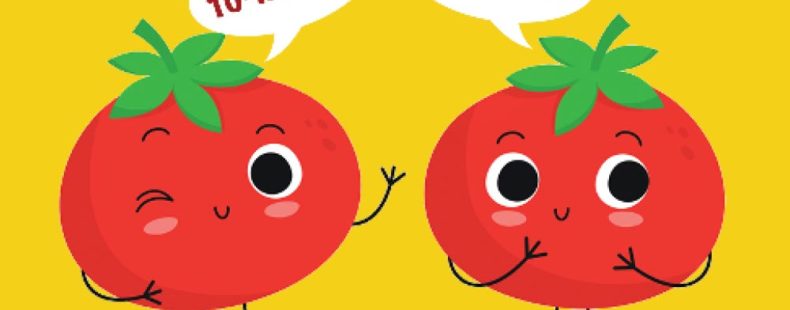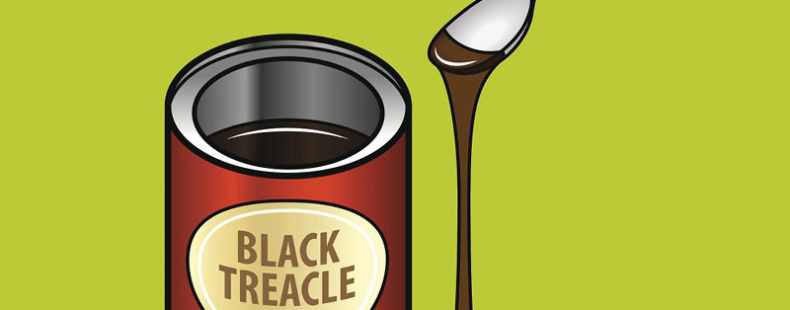Rocket
Hey Americans, let’s get on a rocket and head to the UK, where we’ll find rocket on the menu as we place our lunch order. Rocket is the word the British use for what Americans call arugula—it has origins in the French roquette, while arugula stems from a variant of the Italian ruchetta. All forms relate to the Latin ericus (“hedgehog”), which is perfect given the plant’s bristly, peppery bite.
What other food differences will you need to keep in mind while across the pond?























